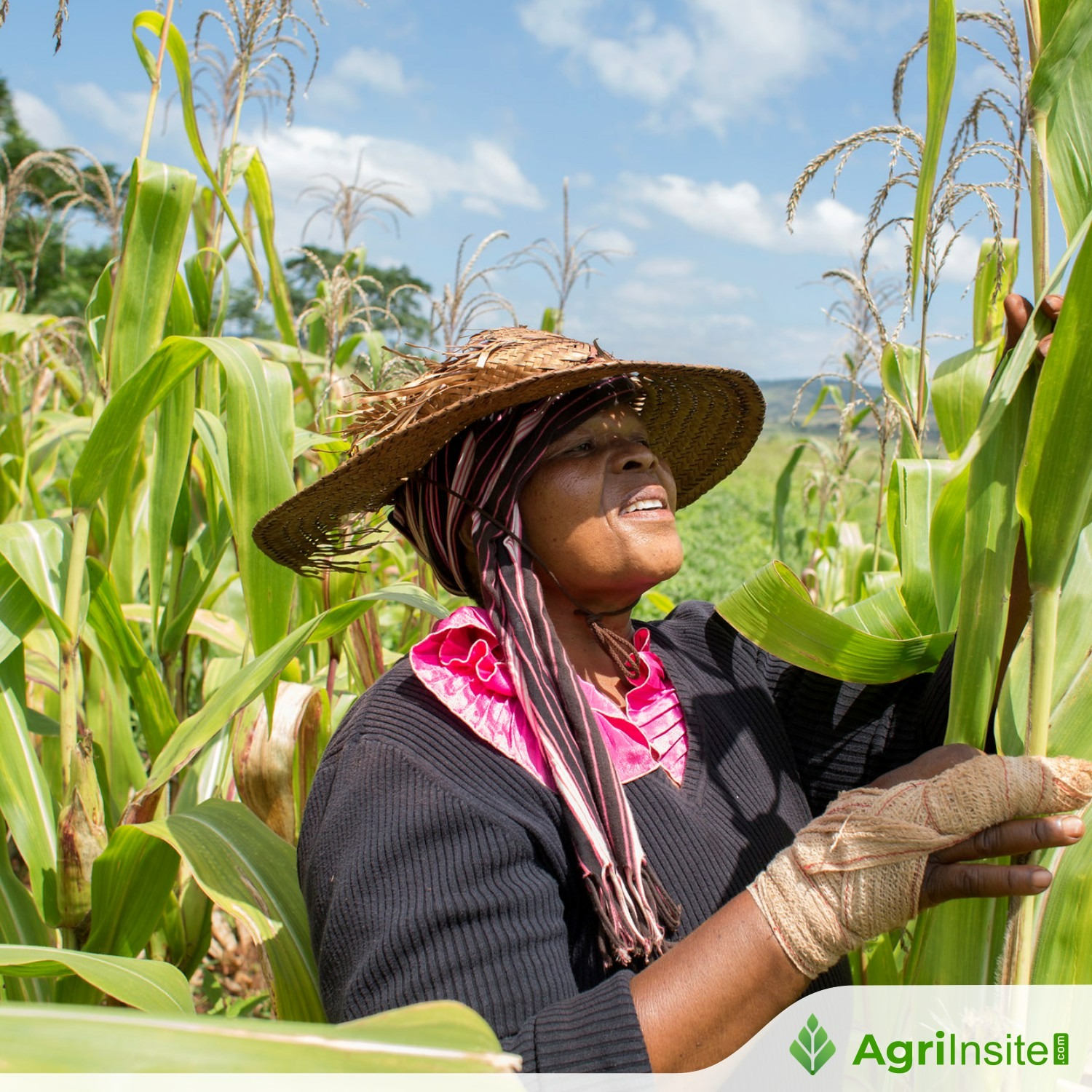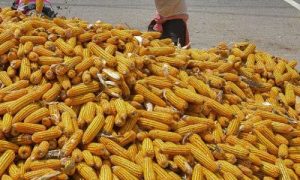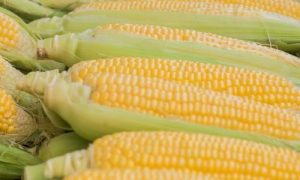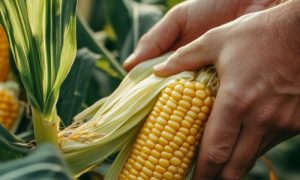Nigeria’s TELA maize progress, a positive sign for food system growth —African breeders

Nigeria has made significant strides in agricultural technology by commercializing two TELA maize varieties, developed to combat the fall armyworm and boost crop yields. Scientists from the Institute for Agricultural Research (IAR), with support from various agencies, have seen positive results in field trials. Farmers now benefit from these genetically modified varieties, enhancing food production and addressing national maize demands.
No doubt, Nigeria has distinguished itself among other developing nations in progress in using technology to advance food production with its latest commercialisation of two TELA maize varieties which farmers have started planting.
These genetically modified maize varieties were developed by scientists at the Institute for Agricultural Research (IAR) Zaria, with Support from the African Agricultural Technology Foundation (AATF), National Biosafety Management Agency (NBMA) and other sister agencies.
The Scientists developed these maize varieties with the aim to address the ravaging fall armyworm and increase the yield of the crop in order to meet national demand for maize.
During a visit by the TELA maize Governing Council to the trial site at the National Biotechnology Research and Development Agency (NBRDA), the Scientists were elated with the performance of the maize variety on the farm.
Scientists who came from South Africa, Kenya, Mozambique with their Nigerian counterparts, scored the performance of the transgenic maize variety very high when placed side-by-side with the conventional variety.
Kingstone Mashingaidze, the Principal Researcher and TELA project Country Coordinator, Agricultural Research Council (ARC), South Africa, said it is exciting to see that Nigeria has now commercialized TELA maize which are in the hands of the farmers.
“It is quite exciting to see how well the TELA is doing on the field particularly the control of Armyworm which is a big problem in terms of maize production particularly by smallholder farmers who cannot afford chemical control because of the expenses”, he said.
While dispelling the claims that TELA maize has health implications, Mashingaidze said South African farmers have been growing GM maize since 2000 and the citizens have been eating GM maize since 2000.
“They said if you eat GM maize you will become sick, but in South Africa, since we started eating GM maize, we don’t have proof of health issues relating to GM maize. Our farmers are growing BT Maize for the control of stem borers and fall armyworm”, he noted.
He said the notion that no other plant grows alongside GM maize is totally false because weeds grow alongside the maize on the field.
“It is nonsensical to say that when you grow GM maize, no other crops will grow, when you eat GM maize, you will die, these are just myths and there is nothing true about them.
“It is simply a way of other people trying to deny African farmers improved technologies. Smallholder farmers in South Africa that are growing BT maize are now able to control the problematic fall armyworm without applying pesticides.
“And when you compare the yield of farmers that are planting BT with those that are not using BT, the non-BT farmers’ yield is reduced by 60 percent from the incidences of fall armyworm, while those who planted BT, their incomes are at least 35 percent better than their counterparts not planting BT”, he added.
Also, in the team was the TELA maize project Manager, Dr Sylvester Oikeh explained the reason why they brought the team of breeders that developed TELA maize and the WEMA hybrid to jointly evaluate the product on the field in addition to the seed system team of the project is to allow them to see the performance of the varieties on farmers’ field, see what are the concerns so that when they go back to the breeding program, they can improve on what is there based on the feedback they received.
He further stated that the evaluation also allows the seed system team to know what the farmers feel, and the number of seeds they would need so that they can start preparing seed for next year’s planting season.
Giving a background on the project, Oikeh said, “Since 2008, we started the development of this maize variety, first we developed them as drought tolerant which we call Drought Tego, then the parents that made the hybrid the varieties, those parents were improved to have the insect protection trait so that when farmers have drought, they have good crop, when the pest especially fall armyworm comes in the crop can protect itself so that farmers may not need to spray”.
While addressing some of the health challenges raised about the TELA maize, he said: “This is the technology we have brought into Nigeria, we know out there that there are lots of concerns, some have even said that when you eat this TELA maize, you become sterile, but it is false”.
He maintained that South Africa has been eating GM products since 2016, and whoever has the data that the population of South Africa has gone down should bring it forward.
“This technology has been developed by Africans since 2008, Nigeria joined the partnership in 2019 and today they are celebrating the product. If the products were not good, by now other countries in the world that are using GMO would have stopped, especially Brazil, Argentina, US and South Africa.
“I want to say that the TELA products that we are promoting are safe for humans, for livestock and for the environment and Nigerians should embrace the technology because more products are coming. We have TELA maize, we are going to come with another one that will stack drought tolerance and insect production so that farmers get better yield when there is drought”, he asserted.”
On the future of the maize variety, Dr Oikeh said in the next four years, Nigeria will be self-sufficient in the seed production for TEL maize as the demand has surpassed the demand which may lead to importation from other countries in order to meet up with next year’s demand.
“We are opening 150 hectares of land to produce seeds against next year, but that will not be sufficient because of the demand, so we hope that the government will allow us to combine local production with importation from other places where are developing the product so that farmers will have enough as we are increasing our local production, we are reducing importation so that in the next 3 years, farmers should be able to have enough seed produced locally to meet all the seeds demand for this product in Nigeria.
“Next year we hope to make available 400mt of TELA maize seeds, then by 2026 we are planning to have 1200mt, by 2028 we should be able to have 11,000mt of TELA maize seeds produced in Nigeria”, he added.
Source Link : https://tribuneonlineng.com/nigerias-tela-maize-progress-a-positive-sign-for-food-system-growth-african-breeders/
















